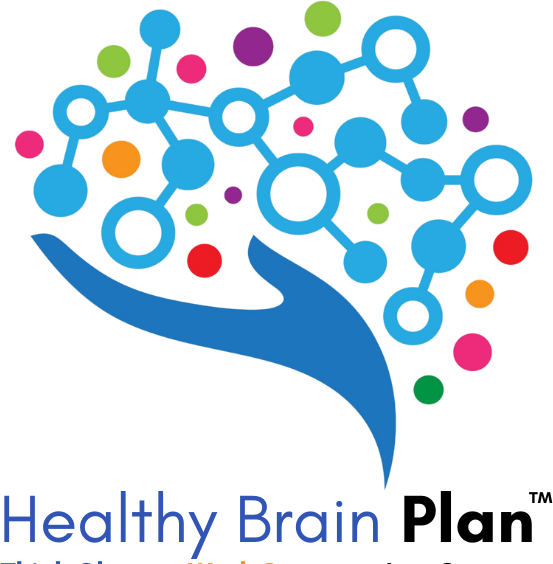A protein released from muscle improves brain function in a mouse model of Alzheimer’s. 🏋️🧬
Published In: Aging Cell
Date: November 2025
Authors: Pinto, et al.
Link to Study: Read the study
Summary
This study tested whether boosting levels of Cathepsin B, a protein naturally released by muscles during exercise, could improve brain health in a mouse model of Alzheimer’s disease.
By using a gene therapy technique to increase Cathepsin B in the muscles of Alzheimer’s-prone mice, researchers found notable improvements in memory, learning, and brain cell growth. Importantly, these brain benefits occurred without changes in traditional Alzheimer’s markers like plaque buildup or inflammation.
Key Takeaways
✅ Muscle-targeted Cathepsin B treatment improved memory and motor skills in Alzheimer’s mice.
✅ The therapy enhanced new neuron growth in the hippocampus, a key memory region.
✅ Brain protein patterns in treated Alzheimer’s mice shifted to resemble those of healthy controls.
✅ No reduction in amyloid plaques or inflammation was observed, suggesting a different mode of action.
Why It Matters for You
This study reinforces how muscle health – especially through proteins released during exercise – can impact brain function. It suggests that exercise-mimicking therapies may one day help slow or prevent cognitive decline, especially in those at risk for Alzheimer’s disease.
Citation
Pinto, A., Haytural, H., Loss, C. M., et al. (2025). Muscle Cathepsin B Treatment Improves Behavioral and Neurogenic Deficits in a Mouse Model of Alzheimer’s Disease. Aging Cell, 24(11), e70242. https://pubmed.ncbi.nlm.nih.gov/39896474/
